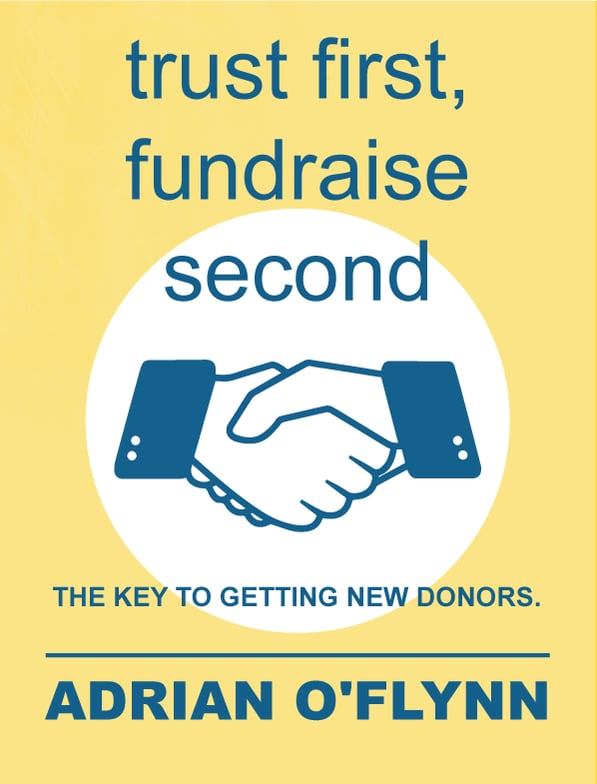Somewhere along the line I lost the ability to delude myself. I can no longer pretend to know what the best headline is, for example.
I realised that nobody knows what the best headline or image or call-to-action is. They’re all just guessing. Some are better guessers than others, but nobody really knows.
Before I run a test in Facebook ads, I make people pick a winner and provide their rationale. And the majority of time, both my clients and I, pick the wrong one.
And writing your expectations down, forces you to accept how deluded you are!
This first became apparent to me when I was working with arguably the top creative agency in the sector. They’d written copy and headlines for a Facebook campaign which I helped them to run. It was a petition and the KPI was the cost-per-signup.
Early on in the creative testing process, we wanted to establish the best headline, so we ran eight ads consisting of:
- One image
- One copy version
- One call-to-action
- Eight headlines
The results were crystal clear.
The campaign headline we’d been using prior to that test (our control) achieved a cost-per-signup of £9. Most of the headlines were around £7 or £8. The second best ad came in at £6. But the winning headline had a cost-per-signup of £3.
Finding the right headline lowered the cost-per-signup (and ultimately the cost-per-acquisition) by 66%.
It’s exactly the sort of result you hope for with these types of test. A clear winner to use in the remainder of the campaign.
When sharing these results with the rest of the agency, I decided to carry out another little test. A test of people’s subjectivity, versus the objectivity of the testing process itself.
Over the course of a week I asked thirty people, who were involved in or aware of the campaign, to pick the best headline.
And how many of them could guess the winner?
One out of thirty...
Not even the person who had written the winning headline could pick it out.
This was an eye-opener for me. I mean, by the law of averages at least three people should have randomly picked the right headline. And this was a smart group of people. So smart, in fact, that I found the experience freeing. I could say to myself, ‘Well if they don’t know, nobody knows’.
I felt less pressure to know everything.
It helped me embrace my ignorance.
And it actually increased my desire to be scientific about fundraising and keep testing and learning, which is why I absolutely love this quote from ‘Sapiens: A Brief History of Mankind’
"The Scientific Revolution has not been a revolution of knowledge, it had been a revolution of ignorance. The great discovery that launched the scientific revolution was the discovery that humans do not know the answers to many important questions. The willingness to admit ignorance, was a key factor in scientific discovery."
The willingness to admit ignorance is central to success in digital fundraising.
If you found this interesting and want a broader, more comprehensive view of digital fundraising, then download this eBook:




